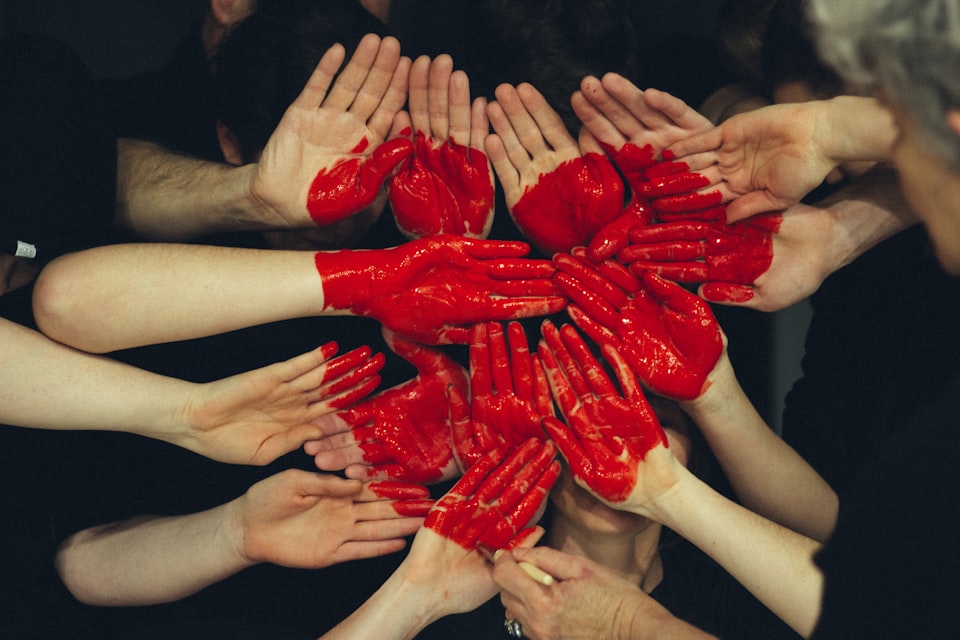Social Competition Hypothesis - Is Depression a Social Illness?

Have you ever wondered why we get so upset when things go wrong in our relationships? Especially when, in the grand scheme of things, there's no immediate, life-threatening risk—no one dies, no one starves, and most people don't even suffer a scratch.
This week at work, I came across an intriguing theory from evolutionary psychology called the "social competition hypothesis". This theory, introduced in the mid-90s, posits that depression evolved as a means to avoid social competition.
Consider a physically weaker individual in the Stone Age. Confrontation with a stronger, more athletic member of the tribe would not serve this person well. To avoid such a confrontation, the weaker individual might experience depression to inhibit any aggressive instincts, thereby avoiding harm or even death.
While the theory is interesting, is there any data to back this hypothesis?
Oh girl, you bet.
I came across a captivating paper published in Cell—one of the most prestigious scientific journals. The study claimed to have identified the brain mechanisms of depression-like states in mice, which, to my knowledge, is the first of its kind.
The study found that it wasn't the social rank per se, but a loss of social rank, that led to depression.
As an example, if you had a lot of money and suddenly lost it in a financial crash, you'd experience depression due to the loss of status that accompanies the loss of wealth.
In mice, a decrease in social rank activated the lateral habenula, a part of the brain often termed the "anti-reward" center. When bad things happen, the habenula lights up.
What does this imply about how we approach depression?
Success matters. Ascending the social ranks matters. This is why power holds the appeal that it does.
However, I don't believe this implies we should all strive to be alpha males or females. Human hierarchies aren't organized based solely on physical strength or size anymore.
So, I think it boils down to whether we individually perceive ourselves as successful in life, based on our personal goals and ambitions. Do we feel we are progressing or stagnating? If it's the latter, sometimes the solution might be to strive harder, to achieve more. But at the other times, the answer could also lie in reassessing the goal itself.
Much of our perceived hierarchy is imposed by society. When I was young, I was placed in the "who gets the best grades" hierarchy. Consequently, when I performed worse than my perceived "rank" in school, I felt crushed.
Today, if I were to meet my younger self, the one who scored lower than expected, I wouldn't feel a thing. That's because that particular hierarchy no longer holds importance for me.
So, my question for you is this: Which social hierarchy affects you the most, and is it worth disassociating from that hierarchy?
To conclude, since a sense of progression often comes from wins, the practice of jotting down daily achievements has been extremely beneficial for me. Each evening, I write down 5-10 wins from the day. The beauty of it is that I get to choose what counts as a win, because I get to choose what I value!
I hope this email provided some insight into understanding depression better. If you've read till here, I'd love to hear your thoughts. How do you compare yourself with others? How do you place yourself within different hierarchies and social constructs? Feel free to hit reply and share your thoughts.
